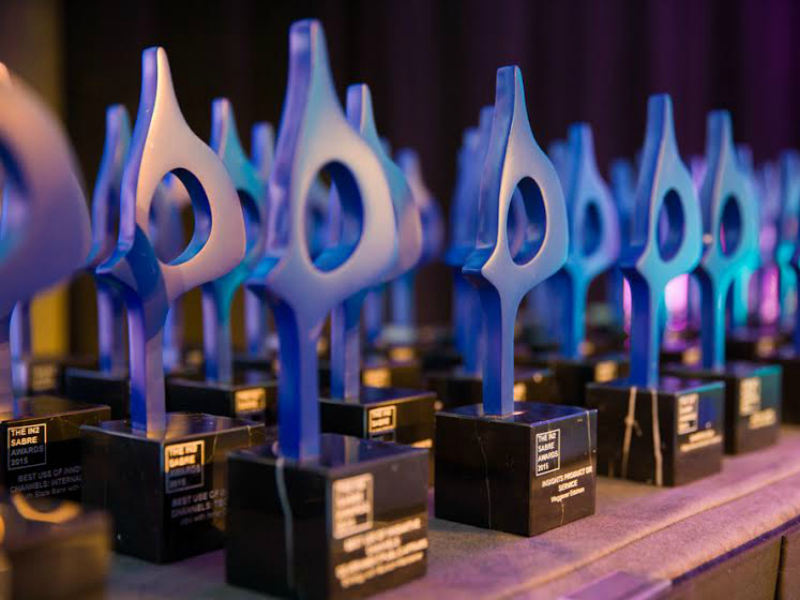
The Innovation SABRE Awards — North America 2020
Showcase your innovation. Don't miss your last chance to enter November 4!

 Podcasts
PodcastsCatch the latest PR news & updates with PRovoke Media's PR Podcasts. Lifting the lid on key industry stories & trends, join our listeners of PR podcasts today.
 Videos
VideosLatest video interviews and campaigns from PRovoke Media, previously known as the Holmes Report.
Long-form journalism that analyzes the issues, challenges and opportunities facing the business and practice of PR.
 Profiles & Interviews
Profiles & InterviewsExplore PR profiles and interviews with leaders from the marketing and PR worlds.
 Crisis Review
Crisis ReviewPR Crisis & Business Crisis review. PRovoke Media's annual analysis of the top reputation crises to rock the corporate sector. Read on here.
 Coronavirus
CoronavirusPRovoke Media's coverage of the Covid-19 crisis, focusing on corporate communication, public affairs & PR industry fallout.
 Trend Forecasts
Trend ForecastsPRovoke Media's PR Trends round up. PRovoke Media's annual forecast of PR trends and news that will impact the PR world in the year ahead...
 Social & Digital
Social & DigitalDedicated to exploring the new frontiers of PR as it dives deeper into social media, content and analytics.
 Technology
TechnologyOur coverage of key technology PR trends and challenges from around the world of digital communications.
 Consumer
ConsumerFrom brand marketing to conscious consumerism, coverage of key marketing and PR trends worldwide.
 Employee Engagement
Employee EngagementPRovoke Media's coverage, analysis and news around the rapidly-shifting area of employee engagement and internal communications.
 Sports Marketing
Sports Marketing Sports PR news, diversity & inclusion trends, views and analysis from PRovoke Media. Subscribe today for the very latest in the world of sports communications.
 Global PR Agency Rankings
Global PR Agency RankingsPRovoke Media's definitive global benchmark of global PR agency size and growth.
Enter PRovoke Media's 2024 Global 250 Agency Ranking and/or our Agencies of the Year competitions now.
 Agencies of the Year
Agencies of the YearPRovoke Media's annual selections for PR Agencies of the Year, across all of the world's major markets.
 Innovator 25
Innovator 25PRovoke Media profiles marcomms innovators from across North America, EMEA and Asia-Pac.
 Creativity in PR
Creativity in PRIn-depth annual research into the PR industry's efforts to raise creative standards.
 Asia-Pacific Communication Index
Asia-Pacific Communication IndexAPACD/Ruder Finn annual study of Asia-Pacific in-house communications professionals.
 SABRE Awards
SABRE AwardsThe world's biggest PR awards programme, dedicated to benchmarking the best PR work from across the globe.
 PRovokeSummit Global
PRovokeSummit GlobalThe biggest PR conference of the year, a high-level forum designed to address the critical issues that matter most.
 PRovoke Media Regional Series
PRovoke Media Regional SeriesA global network of conferences that explore the innovation and disruption that is redefining public relations.
 Agencies of the Year
Agencies of the YearUnrivalled insight into the world's best PR agencies, across specialist and geographic categories.
 Roundtables
RoundtablesOur Roundtables bring together in-house comms leaders with PR firms to examine the future of communications.
 Agency Playbook
Agency PlaybookThe PR industry’s most comprehensive listing of firms from every region and specialty
.jpg) All Jobs
All JobsFind the latest global PR and communications jobs from PRovoke Media. From internships to account executives or directors. See all our PR jobs here.
PRovoke Media's editorial series published in collaboration with partners.

Jessica Hope launched Wimbart in London in 2014, as an independent PR agency specialising in Africa and emerging markets, with a focus on the continent’s technology sector and start-ups. Her innovative vision for the firm, which works with some of the continent’s most exciting and well-funded brands and companies, predominantly in Nigeria, South Africa, Kenya and Ghana, was for it to serve as a safe space for Black PR executives in the overwhelmingly white UK industry. Before setting up Wimbart, A self-proclaimed history nerd and former journalist Hope worked as a press officer at the Natural History Museum and then as head of press for the Jewish Museum in London. She got her first taste of the Africa tech space as global head of communications for media and entertainment technology company Iroko. Hope is also a mentor for BME PR Pros and Google Launchpad Africa.
Where is the most urgent need for innovation within the PR/communications industry?
The industry needs to be more innovative around PR recruitment – making the hiring and retention of candidates from diverse backgrounds a corporate priority, not just as a cynical exercise in virtue signalling. A more diverse workforce will lead to better work and output from agencies.
How would you describe the communications/PR industry's level of innovation compared to other marketing disciplines?
I’ll speak from my own personal experience, but when I speak with other PRs, they are surprised at just how fluid and often informal the type of PR we carry out is. We live on WhatsApp in my agency, as that’s essentially the communications tool of choice for much of Africa, which is a mobile-first continent. Client calls, journalist pitches and briefings, closing on pretty big deals – all on WhatsApp. This innovative approach to connecting directly with clients and journalists on the go, on the platform of their choice, and the speed at which we can move on a story, works well for us and feels ahead of some other marketing disciplines.
How have the events of 2020 impacted innovation in the PR and communications industry?
The Black Lives Matter movement spurred a lot of agency leads and sector bodies into having to go one step beyond “workshopping” diversity in PR. They actually had to put spider diagrams into practice. Now, from what I can see, they are actually starting to do it. Whether or not the bigger agencies will be able to create more enabling working environments in order to retain new diverse talent remains to be seen.
Where is the PR industry's greatest opportunity for taking the lead on innovation?
PRs need to continue to refine their storytelling and demonstrate their innovation and impact, not just to secure media coverage but also to influence the C-suite of the companies they work with. Having access to leaders, for me, makes for far more engaging and innovative PR campaigns and of course, it helps when it comes to securing ongoing budget.
What is the ideal working scenario for innovation?
Collaboration and the sharing of ideas in an open and creative space. At the beginning of Covid and the shift to working from home, we struggled to remain innovative as a team, because we weren’t sharing ideas as freely as before in our office setting. As the year has progressed, so have we, and we’ve adapted to bringing more innovation into virtual meetings, but I don’t think it has surpassed that of the magic we created when we were all in the same room together.
Has 2020 changed the way you define/approach innovation?
I don’t believe so, no. Outside of the very obvious case of adjusting to working from home and adopting Slack/Zoom/team WhatsApp groups even more – which I don’t believe to be that innovative, just a necessity – we have just done more of the same, but at a more intense pace.
What is the most innovative comms/marketing initiative you've seen this year?
Jacinda Arden, the New Zealand prime minister, has been innovative in her simplicity, her use of social media, her authenticity. Her innovation was, quite simply, her authenticity, which in our hyper cynical and weary world, was completely powerful.
What is the most important lesson you've learned this year?
Always focus on building long-term relationships and maintaining strong networks. When things were looking a little tricky for us at the beginning of Covid, we were basically saved by – and subsequently were able to grow – new business from contacts I’d met years ago and had kept in touch with.
Describe a moment in your career that you would consider innovative.
Realising that with no background in business building, no training or workshops in D&I, and with no budget for recruitment or a chief D&I officer, I was able to build a 100% BME PR agency.
Any habit/activity that you have added to your life this year that you hope to take forward post-pandemic?
We operated a relatively flexible working from home policy pre-Covid, and I’m far more open to it going forward, however I don’t see Wimbart being a fully remote company in the future. So from now and post-pandemic I’ll be working on finding better ways for team members to fit work and home life around one another. The company’s success is built on the team, so their ability to strike the right life/work balance is super important going forward.
How can the PR industry make real progress in diversity, equity and inclusion (DE&I) and what is the biggest obstacle?
Britain’s class system is one of the biggest obstacles. We still have a mostly old, mostly white, almost exclusively middle to upper class, nepotistic network ruling over the industry. If those at the top don’t care, and the leadership doesn’t exist to instil a better understanding of the need for increased diversity, equity and inclusion, then it will be harder and slower to affect any real change in the sector.
What are you thinking about most these days?
Until recently, it was survival. Now, the focus has shifted back to growing a business that fundamentally remains authentic, moral, inclusive, passionate, scrappy yet charming. Maintaining all of these as we scale will be no mean feat, and I spend a lot of time thinking about how we will achieve this.
Your bold prediction for 2021…
That we will emerge from the pandemic as better people, more connected than ever before and aware of the global community that much more.
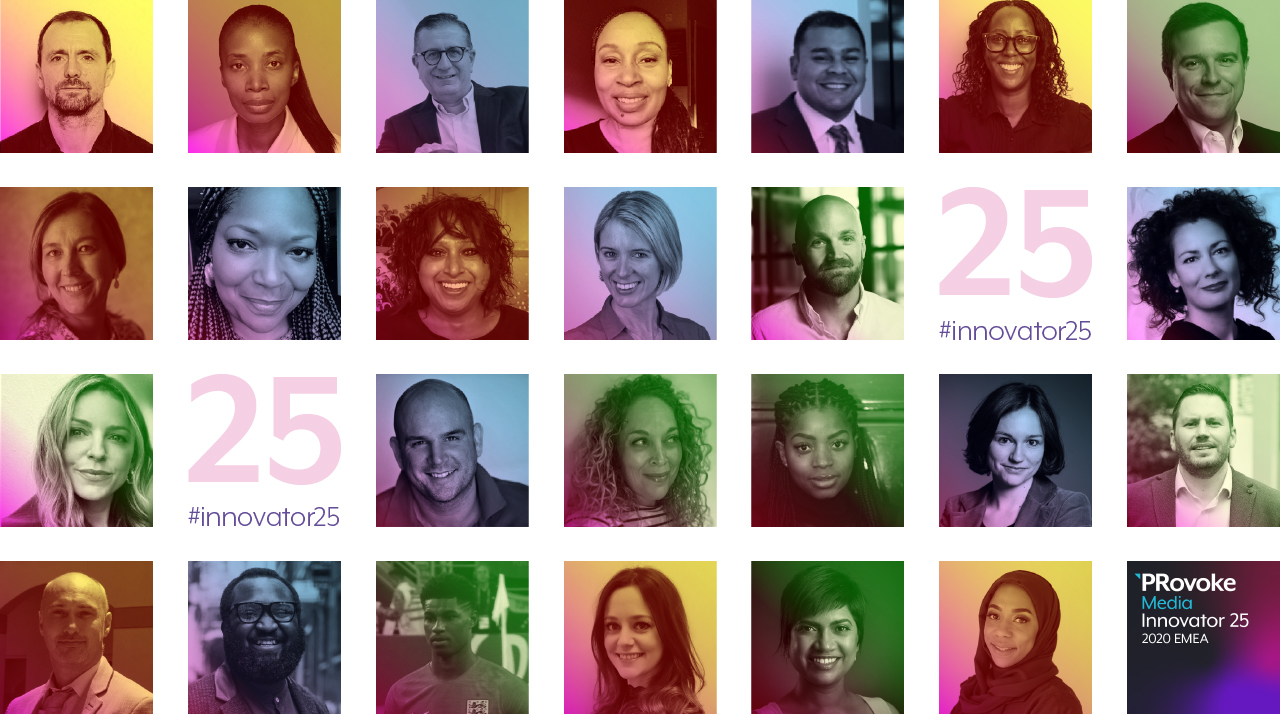


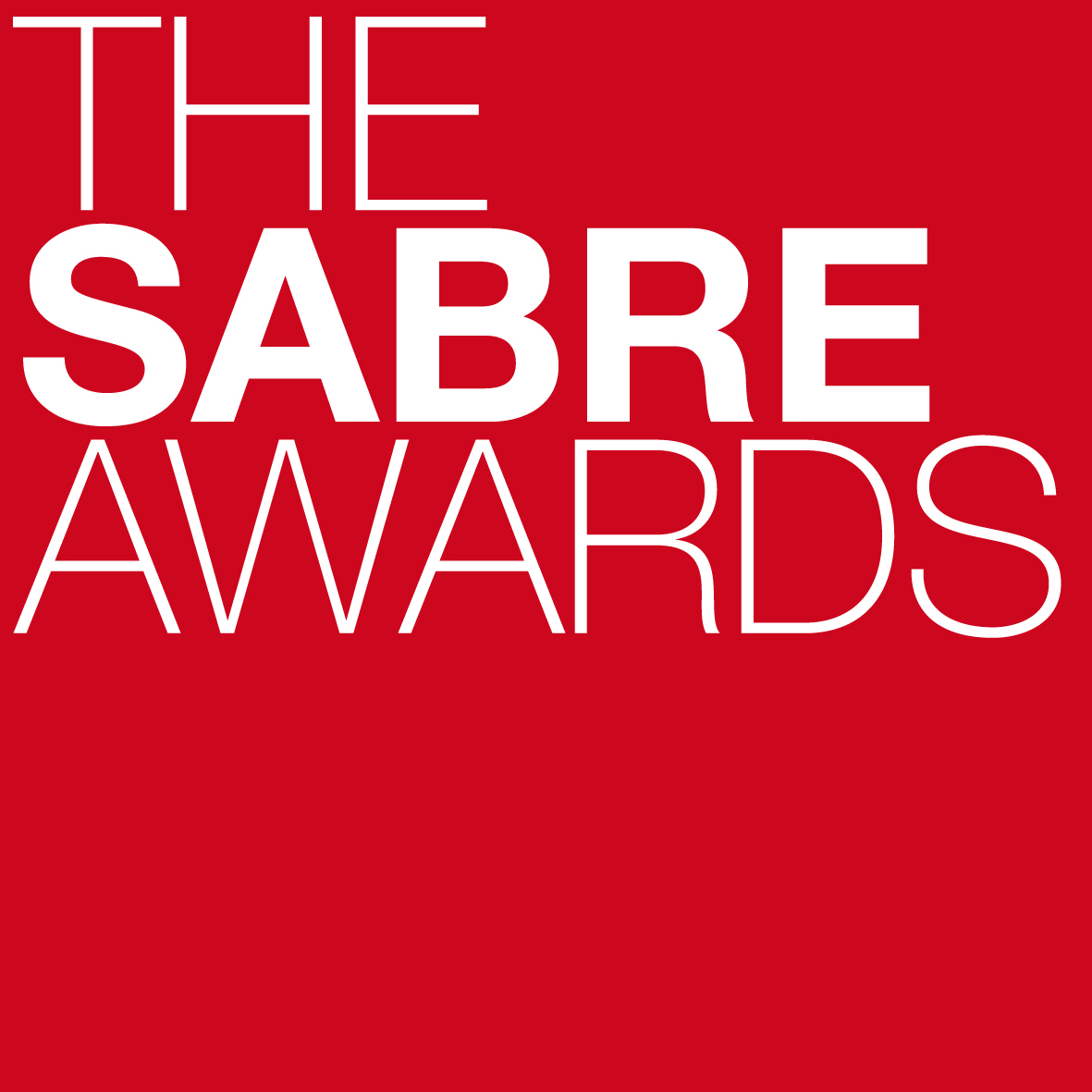
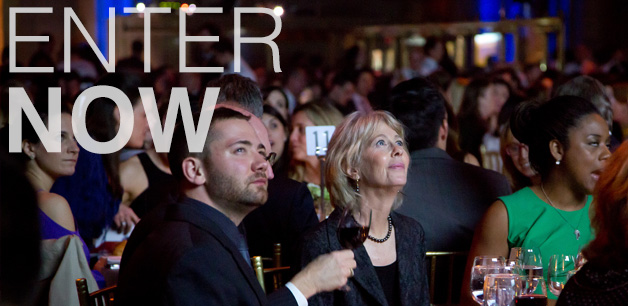

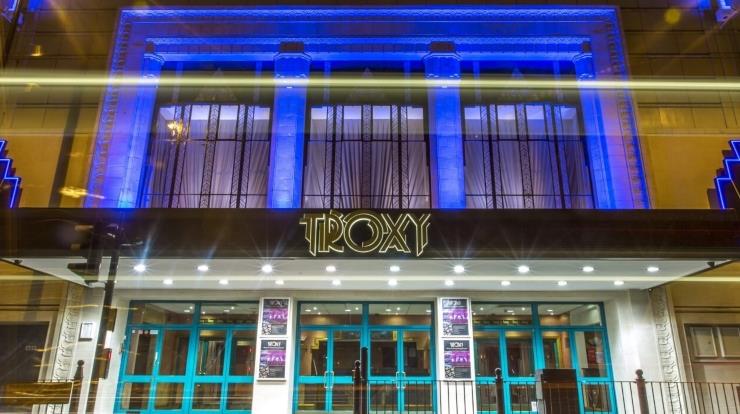

Intelligence and insight from across the PR world.
About PRovoke Media Contact Us Privacy & Cookie PolicyWe feel that the views of the reader are as important as the views of the writer. Please contact us at [email protected]
Signup For Our Newsletter Media Kits/Editorial Calendar Jobs Postings A-Z News Sitemap© Holmes Report LLC 2024